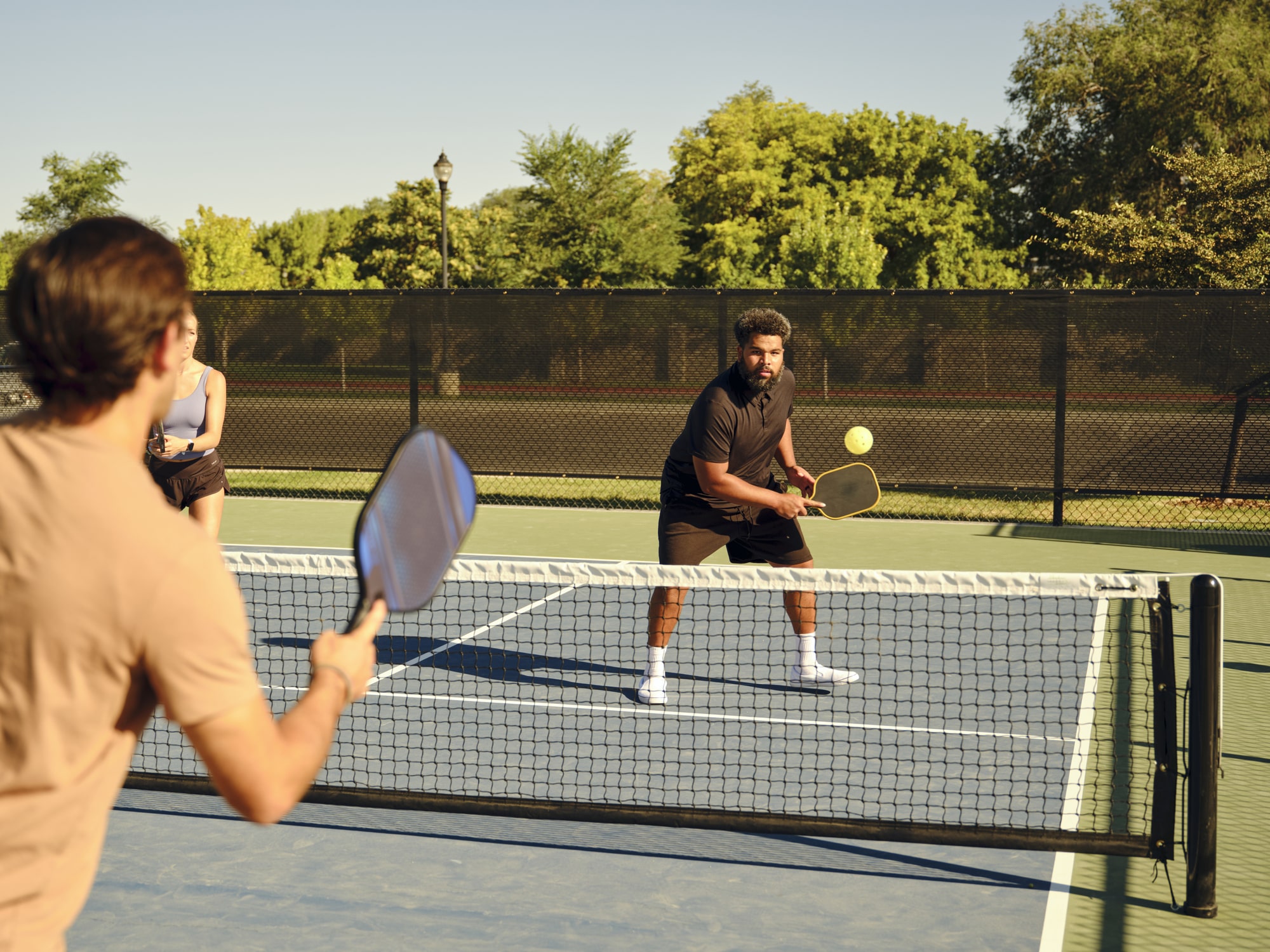Our Head of Construction at Backyard Pickle Courts is a perfectionist who also happens to be a civil engineer. If you want your court done right, we’re the company for you. Civil engineers, with their expertise in designing and constructing various types of infrastructure, are uniquely qualified to tackle the task of building pickleball courts. In this blog post, we’ll explore the reasons why a civil engineer is well-suited for this undertaking.
Structural Design – Civil engineers are experts in structural design. When it comes to constructing pickleball courts, they understand the importance of a solid foundation, appropriate materials, and precise measurements. Pickleball courts need to meet specific dimensions and requirements to ensure fair play, safety, and longevity. Civil engineers can create court layouts that adhere to official guidelines, ensuring a consistent playing experience for all players.
Site Evaluation – Selecting the right location for pickleball courts is crucial. Civil engineers have the expertise to assess the suitability of a site by considering factors such as soil quality, drainage, and proximity to existing infrastructure. They can recommend the best location and make necessary adjustments to ensure the courts are built on stable ground, minimizing future maintenance and repair costs.
Grading and Drainage – Proper grading and drainage are essential for any pickleball/tennis court construction project. Civil engineers understand how to design effective drainage systems to prevent water from accumulating on the court surface, which can lead to damage and safety hazards. They can also ensure the court surface is level and properly graded, reducing the risk of puddles and uneven playing conditions.
Materials Selection – Civil engineers have in-depth knowledge of construction materials and their properties. They can recommend the most suitable materials for pickleball court surfaces, taking into account factors like durability, resistance to weather, and maintenance requirements. Their expertise ensures that the courts are constructed with the right materials, leading to longevity and reduced maintenance costs.
Quality Control – Civil engineers are skilled in quality control and project management. They oversee the construction process, ensuring that all work is completed to the highest standards and meets local building codes and regulations. Their attention to detail and commitment to quality result in well-constructed pickleball courts that are safe and enjoyable to use.
Long-Term Sustainability – Civil engineers have a long-term perspective when it comes to construction projects. They can design pickleball courts that are built to last, reducing the need for frequent repairs and renovations. Their expertise in sustainable construction practices can also lead to energy-efficient court facilities and lower operational costs.
In conclusion, civil engineers are highly qualified to build pickleball courts due to their expertise in structural design, site evaluation, grading and drainage, materials selection, quality control, accessibility and safety considerations, and a commitment to long-term sustainability. By enlisting the services of civil engineers for pickleball court construction, you can be confident that you’ll have high-quality, well-designed, and durable courts that meet all the necessary standards for safety and performance.

